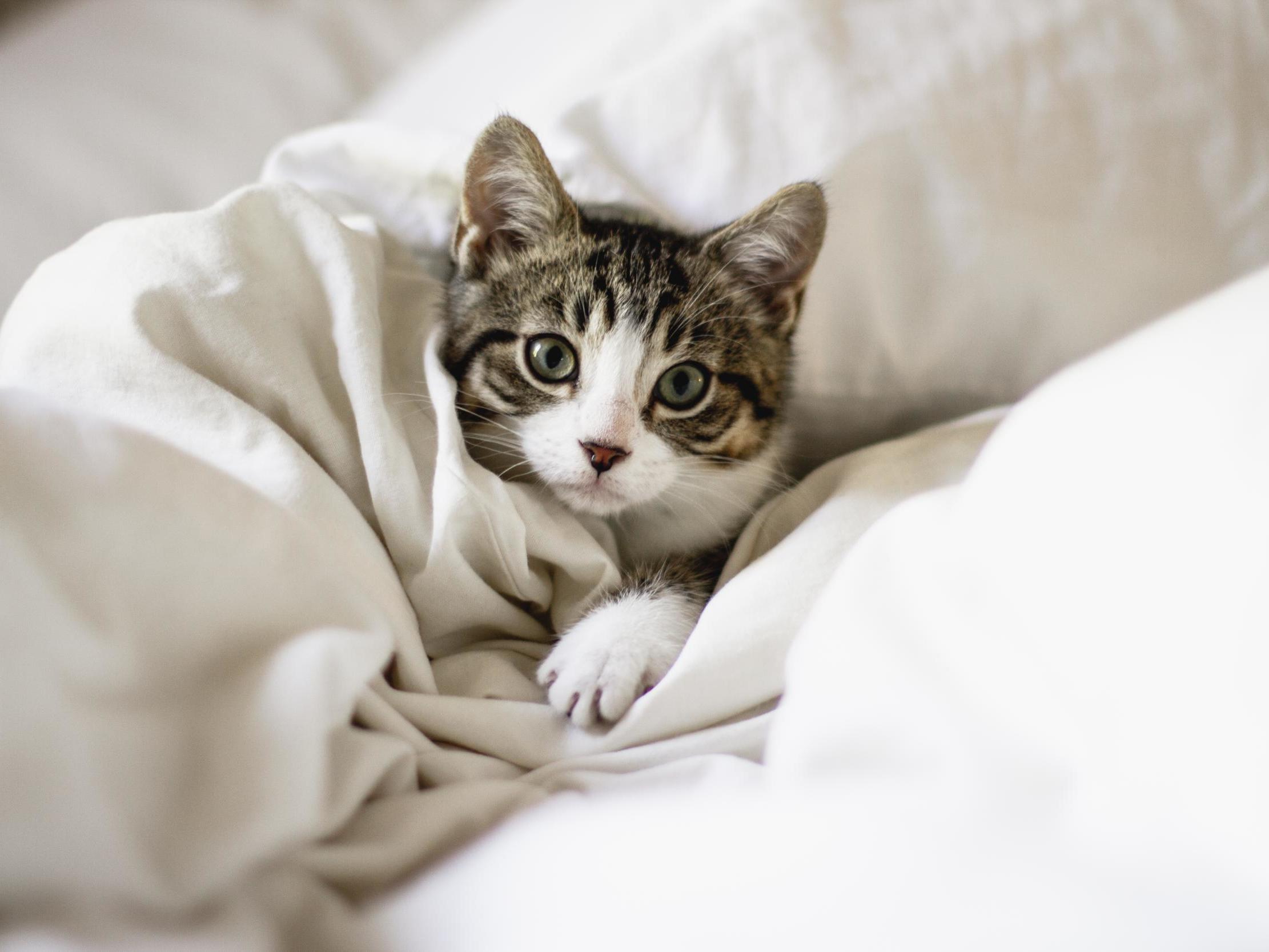Cat owners could have their pets seized if they don't get them microchipped
The government is considering the proposals for 2020

Your support helps us to tell the story
From reproductive rights to climate change to Big Tech, The Independent is on the ground when the story is developing. Whether it's investigating the financials of Elon Musk's pro-Trump PAC or producing our latest documentary, 'The A Word', which shines a light on the American women fighting for reproductive rights, we know how important it is to parse out the facts from the messaging.
At such a critical moment in US history, we need reporters on the ground. Your donation allows us to keep sending journalists to speak to both sides of the story.
The Independent is trusted by Americans across the entire political spectrum. And unlike many other quality news outlets, we choose not to lock Americans out of our reporting and analysis with paywalls. We believe quality journalism should be available to everyone, paid for by those who can afford it.
Your support makes all the difference.Cat owners could have their pets taken away from them if they fail to get them microchipped.
The government consultation on cat microchipping will close on Saturday (4 January), after considering evidence for 12 weeks, on whether cats should be chipped by law.
If the plans go ahead they will mirror the rules for dogs, which were introduced in 2016, and can see canine owners prosecuted or handed a £500 fine for ignoring the rules.
Dogs must be chipped by the time they are eight weeks old.
One new proposal being considered is giving local councils the power to take away cats and get them microchipped, before returning them to the owner for an estimated price of £25.
This would cover the cost of the authorities microchipping the animal.
The microchip is the size of a grain of rice and is implanted under the skin with a unique serial number that can be traced to the owner’s details.
Microchipping cats is currently only required if they are travelling under the Pet Travel Scheme.
But 80 per cent of cats handed to adoption centres in England during 2018 weren't chipped, making it difficult for them to be reunited with their owners.
Since chips became mandatory for dogs, 92 per cent of owners are believed to be compliant, which has seen a 15 per cent reduction in the number of dogs handled by local authorities, says the Dogs Trust,.
Animal welfare minister, Zac Goldsmith, says: “Microchips are often the only hope of reuniting lost pets with their owners so it truly is the best New Year’s resolution you could make to protect your furry friend in 2020.
“I urge cat owners to microchip their cat and for dog-owners to make sure the details on the chip are up to date.”
Jacqui Cuff, from charity Cats Protection, said: “It is so important that cat owners microchip their pet cats as it is a safe and permanent form of identification.
“Cats love to explore, and are also great escape artists, so microchipping is important for cats, even those that live indoors.
“Microchipping ensures lost cats can quickly be returned home, and that owners can be informed if their cat is injured and taken to a vet."
Animal welfare charities are also urging dog owners to ensure their contact details on the microchip are up to date, as 69 per cent of dogs seized with microchips still struggled to be reunited with their owner because of incorrect information.
Join our commenting forum
Join thought-provoking conversations, follow other Independent readers and see their replies
Comments